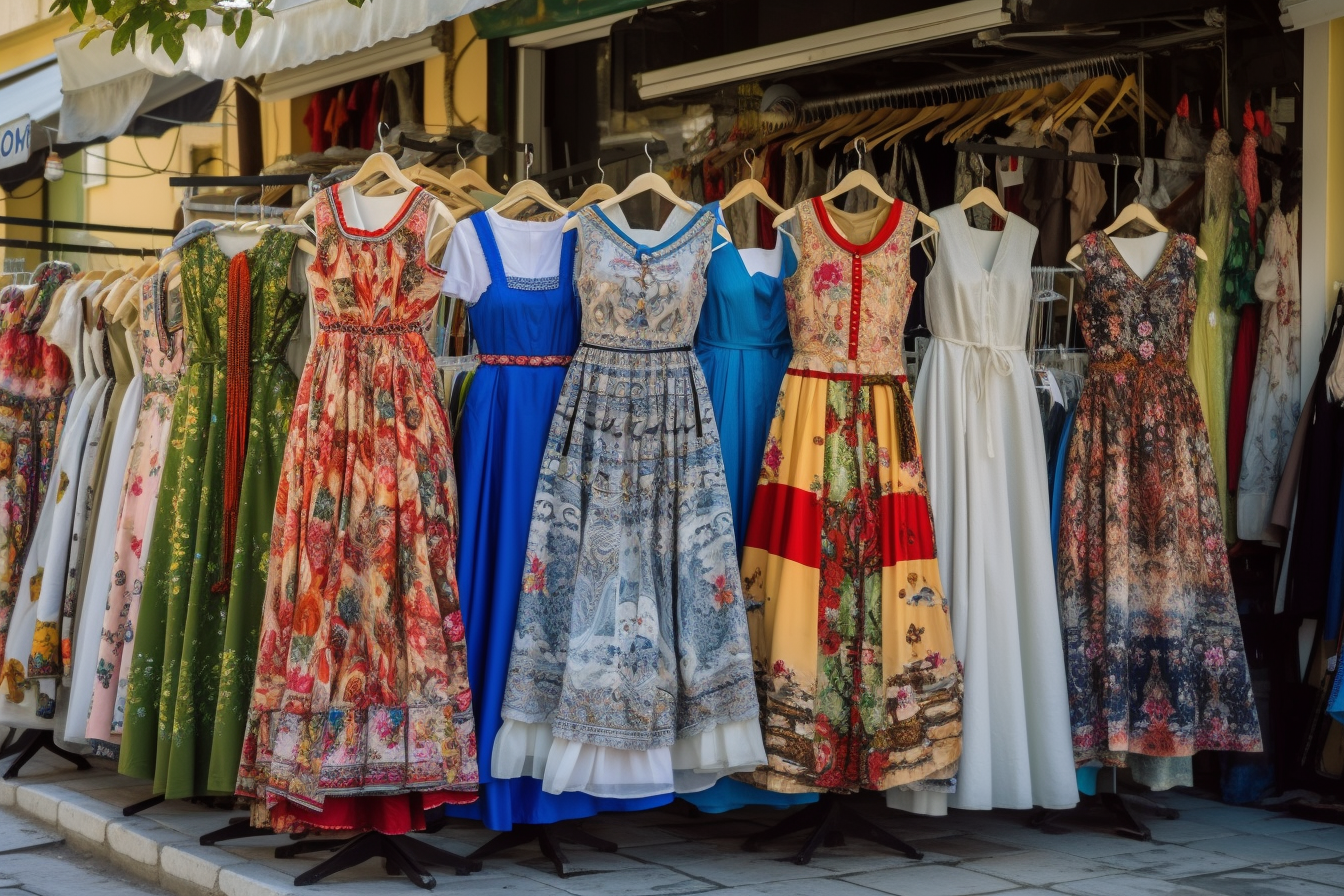Exploring Japan's Unique Garage Sale Culture: A Guide to Secondhand Shopping
Japan's garage sale culture offers a fascinating blend of traditional values and modern retail practices, creating unique shopping experiences for both locals and visitors. Unlike Western-style garage sales held in residential driveways, Japanese garage sales have evolved into organized events and specialized secondhand shops that reflect the country's commitment to quality and preservation.

The Rise of Secondhand Shopping in Japan
The secondhand market in Japan has experienced significant growth in recent years, driven by increasing environmental awareness and changing consumer attitudes. Major cities like Tokyo, Osaka, and Kyoto host regular flea markets called “nōmin-ichi” or “farmers markets,” where vendors sell both new and used items. These events have become popular destinations for treasure hunters and sustainable shopping enthusiasts.
Popular Types of Garage Sale Venues
Japanese garage sales manifest in various forms across the retail landscape. Department store basements often house “recycle shops” offering carefully curated secondhand items. Traditional temple markets, known as “tera-ichi,” combine historical significance with shopping opportunities. Additionally, modern “off-house” chain stores specialize in secondhand branded items and vintage collections.
Shopping Tips and Cultural Etiquette
When participating in Japanese garage sales, understanding local customs enhances the experience. Bargaining is less common than in other Asian countries, as items are typically pre-priced fairly. Examining items carefully before purchase is expected, but handling merchandise respectfully is crucial. Many venues provide detailed condition descriptions for each item.
Quality Standards and Authentication
Japanese secondhand retailers maintain strict quality control standards. Many shops employ professional authenticators for branded items and valuable collectibles. This attention to detail ensures customers receive genuine products in good condition, though prices may be higher than typical Western garage sales.
| Venue Type | Typical Items | Price Range (¥) |
|---|---|---|
| Recycle Shops | Clothing, Electronics | 500-30,000 |
| Temple Markets | Antiques, Crafts | 1,000-50,000 |
| Off-House Chains | Branded Items | 3,000-100,000+ |
| Community Sales | Household Goods | 100-10,000 |
Prices, rates, or cost estimates mentioned in this article are based on the latest available information but may change over time. Independent research is advised before making financial decisions.
The Japanese garage sale ecosystem represents a sophisticated approach to secondhand shopping, combining traditional values with modern retail practices. Whether seeking vintage treasures, authentic Japanese crafts, or simply exploring sustainable shopping options, these venues offer unique opportunities for both casual browsers and serious collectors.






